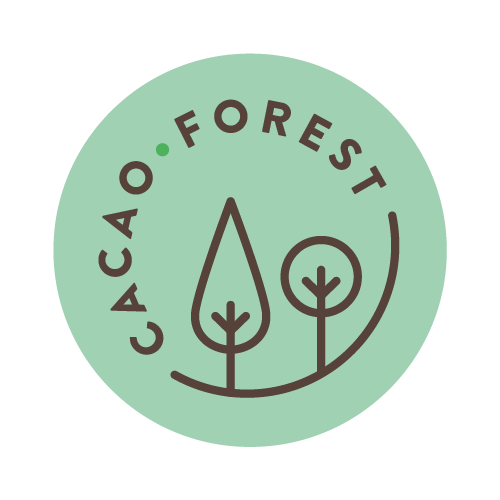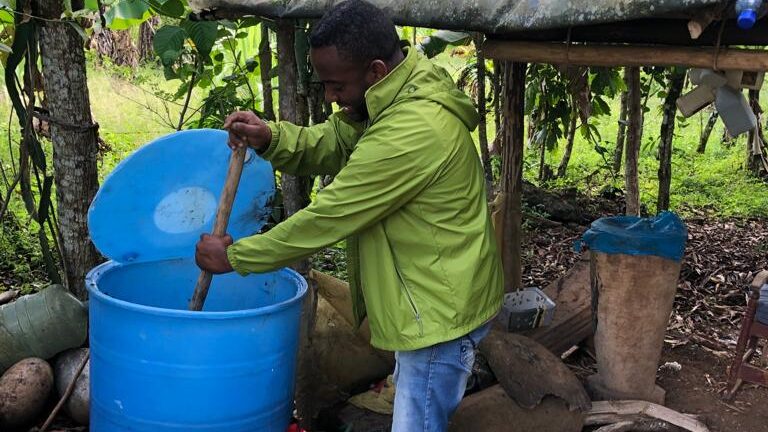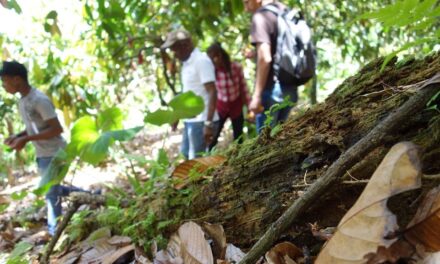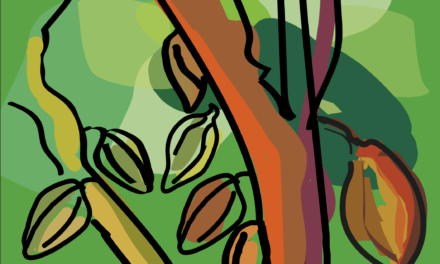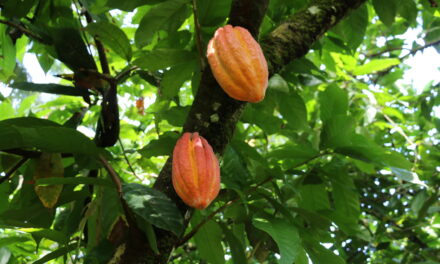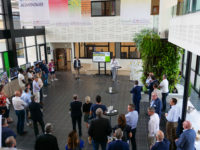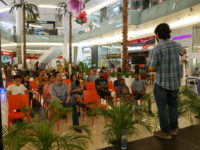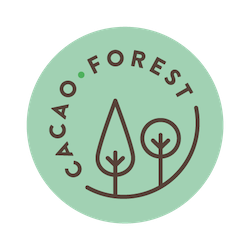Technicians working for the Participatory Experimental Network (REP) have teamed up with their partner producers to begin making biol, an organic fertilizer made with 100% natural ingredients.
Biol is a biologically stable fertilizer for foliar application that is rich in nutrients and has a low pathogen load. It is valued for its capacity to facilitate the development of nitrous and nitric ferments, microflora, fungi and yeasts, microorganisms that provide an excellent nutritional supplement for plants cultivated in less productive nutrient-poor soils. This fertilizer adds macronutrients and micronutrients both to the soil and to the plants themselves, thereby improving the growth and productivity of plantations.
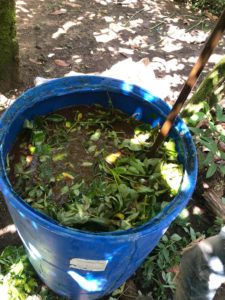
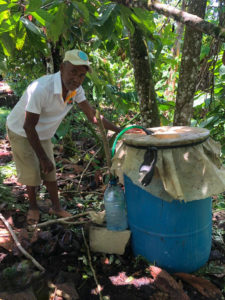
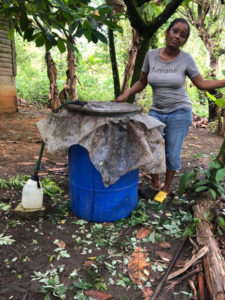
There are several formulas for making biol, each of which has different beneficial characteristics.
The biol made for the REP contains the following ingredients: whey, molasses, fresh cow dung, Cuban moringa or piñon, pringamoza or mata puercos (which acts as an insect repellent), chicken’s blood and ripe banana skins. This organic fertilizer is thus prepared with simple ingredients that are easy to obtain because they are present on every farm. This recipe is also very economical.
This fertilizer is organic because it uses no agrochemical products. It has no negative impact on nature and does not disturb the plantation ecosystem. The benefits of biol are not specific to cacao cultivation; they also apply to any other crop. Its use is thus an excellent way to support the production of organic cocoa in the Dominican Republic.
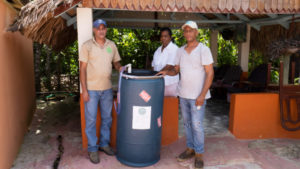
On 5 August, the Cacao Forest team travelled to the communities at El Espino, La Peña and Naranjo Dulce in Duarte province to deliver barrels to the producers there for biol production. Prior to this delivery, batches of biol had already been prepared with producers in the communities at El Rucio, Rincón Hondo, Sabana Grande and Villa Riva.
Cacao Forest staff in the Dominican Republic will continue to deliver biol-making equipment to all the REP producers wishing to improve the productivity of their parcels.
